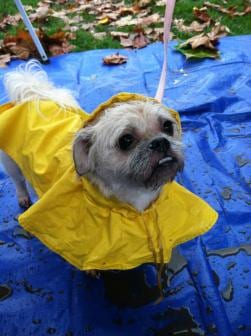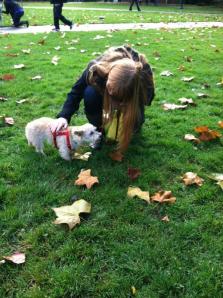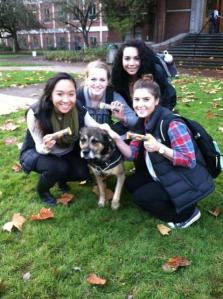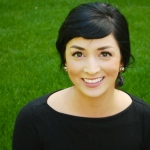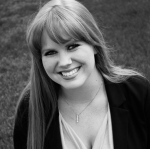So you have finally landed the interview. Now what? Here are 10 tips to help you overcome anxiety and land any internship or job with ease:
1. Come prepared. Do your research about the company or the person interviewing you. When they ask you why you want to work for them, you can talk about work they have done for clients or campaigns that inspired you. Also, bring a pen, paper and a copy your resume.
2. Know your resume like the back of your hand. Chances are, your interviewer is not going to read through your entire resume before the interview. They will be glancing over it throughout your conversation and asking you to speak more directly about experience that intrigues them. Practice elaborating on key points on your resume the night before your interview.
3. Come with three great questions. When your interviewer asks you if you have any questions at the end of your interview, you have a chance to ask more about what really interests you about their company. Try to avoid sticking to questions about the internship position itself.
4. Arrive early, but not too early. Try to walk into the lobby about five minutes early.
5. Map out your route the night before. Know how to get to the company that you’re interviewing at and how long it will take to get there.
6. Prepare an interesting elevator pitch. If you only had 30 seconds to tell someone about yourself, would you just parrot information that they could get from your resume? Be creative but strategic.
7. Dress to impress, but keep company culture in mind. Even if the company you are interviewing at is casual, you should show in your attire that you take the interview seriously. Typically for a casual company, you don’t have to wear your nicest suit or heels. Find one formal piece, such as a blazer, and balance all of your less formal items around it.
8. Be confidant. You have to believe in your abilities before anyone else will.
9. Smile. Show that you want the job and that you are happy to be there. An interview is really just a conversation between professionals – not a hostage interrogation session.
10. Say thank you. Write a hand-written card thanking your interviewer for considering you for the position the day after your interview. It shows that you’re detail oriented and makes you stand out.
Amelea Renshaw is the 2013-2014 University of Oregon PRSSA operations director. She is currently a junior double majoring in advertising and public relations. You can contact Amelea at amelea@uoregon.edu and follow her on Twitter at @amelearenshaw.




